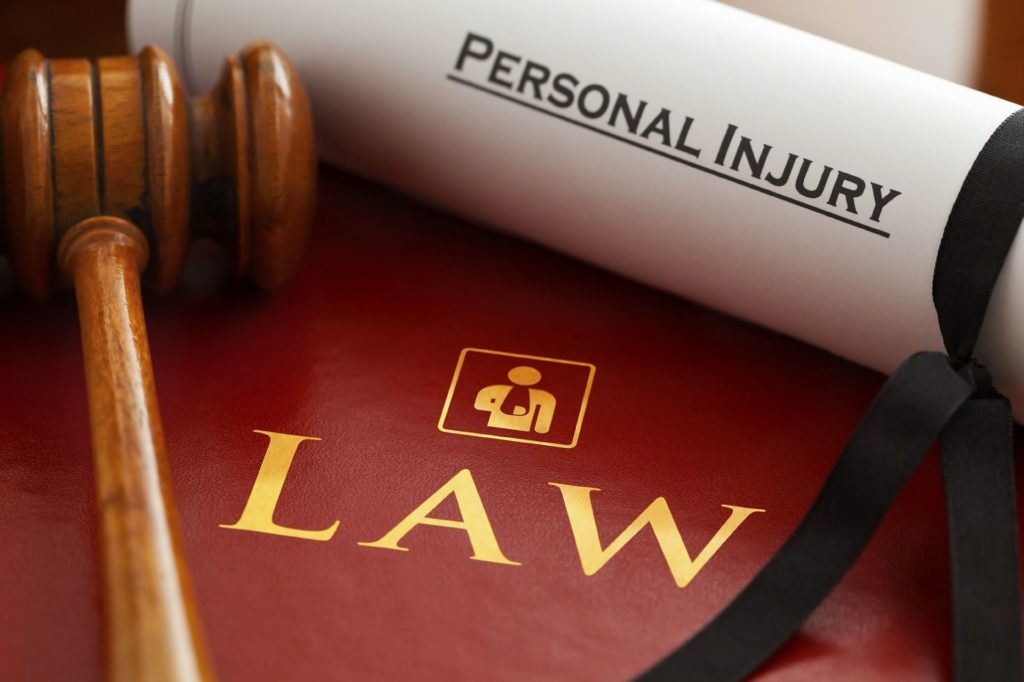
If you’ve been injured and have a good case, then you’ll have your pick of lawyers, possibly at no upfront cost for you. This means you can be choosy about who you hire. And it’s in your best interest to find the best fit for you and your situation.
In order to do that, there are a few key questions you should ask a lawyer before putting one on retainer.
How long have you worked in personal injury law?
You not only need an experienced attorney, but you also need someone who specializes in personal injuries. And it’s best to find one who has been in business for a while. Research how long they’ve been practicing; you can often find this information online or by asking around town.
It’s also a good idea to ask how many cases they’ve tried. This information should include specifics like how many cases they’ve won and the percentage that involved incidents similar to yours. Companies such as Davis Kelin are very upfront with all their information and never mind sharing these facts with their clients.

How do you typically handle cases?
In other words, you’ll want to ask if the attorney in question settles all his or her cases outside of court, refers them to other lawyers, or tries them all in a court of law.
This is important to ask because your opposing insurance company will do its research too. They will know if you hire a lawyer who tries to settle most cases out of court. And this can sometimes indicate to them that you are willing to settle and try to low-ball their offer.
Do keep in mind, however, that only around four to five percent of all personal injury cases in the US make it to trial. So, while you want an attorney ready and willing to fight, you should take into account that their number of past trial cases will still be fairly low.
Who will handle my case?
Many big firms hand these types of cases over to other lawyers. These lawyers may be members of their agency, or they might be professionals they collaborate with. They also hand a lot of work over to other legal staff, such as paralegals or assistants.
While this type of thing is fairly common, it’s good to know upfront who you’ll be working most closely with. If one of their paralegals will be the one contacting you most, you might ask that they be present during the initial consultation. It’s important to know you can work well with everyone involved in your case.

What will be required of me?
Many people are surprised to learn how big of a role they are required to play in their own cases. Sometimes this is up to the attorney, but other times there are things that no one can take care of but you. For example, you may be required to see your doctor much more often than usual. You may also have to collect medical data from your primary care physician and other specialists.
The specifics of your case might also demand that you attend all the depositions and meetings with the defendant or insurance companies. The amount you pay your attorney should correlate with the amount of work they’re doing.
What is your pricing structure?
It may go without saying, but you definitely need to ask how much you’ll be charged and how they structure their fees. Most of the time, personal injury attorneys work on contingency, meaning you only pay if you win. But you need to know upfront how much of the winnings they will take. Some work on flat-fees, but most require a particular percentage. This percentage is commonly anywhere between 33 and 40 percent.

In addition to the cut of your winnings they might take, some lawyers also charge for court costs. These costs might include things like paying additional staff or extra hours spent on the case. In fact, some attorneys charge for these costs regardless of whether you win or lose.














